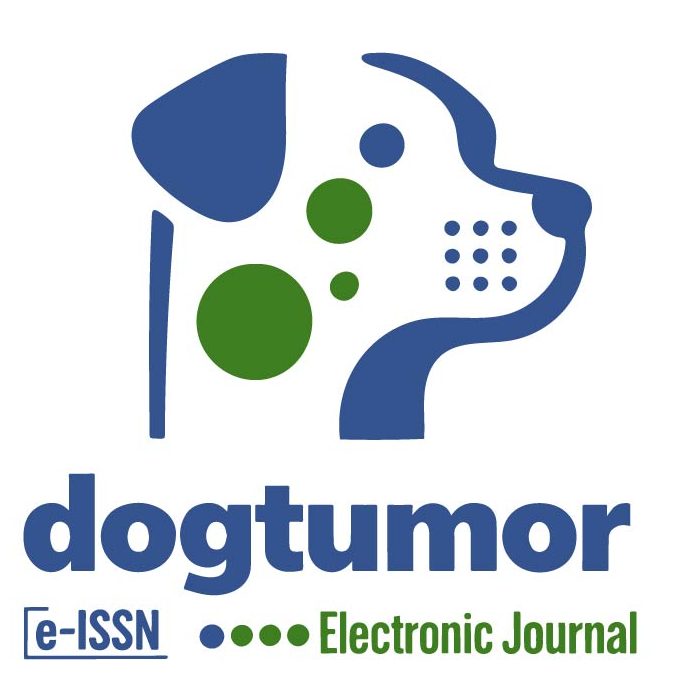Veterinary Oncology Training: Must-Have Dog Cancer Education Guide
Veterinary oncology training is an essential field of study for veterinary professionals passionate about improving the lives of dogs diagnosed with cancer. As cancer remains one of the leading causes of death in dogs, veterinarians equipped with specialized knowledge play a crucial role in diagnosis, treatment, and ongoing care. This comprehensive guide aims to provide a clear and informative overview of the critical aspects of veterinary oncology training, highlighting the knowledge, skills, and resources necessary for veterinary practitioners, students, and pet owners interested in this specialized care area.
Understanding the Importance of Veterinary Oncology Training
Cancer in dogs is as complex and multifaceted as it is in humans. It requires a robust understanding of tumor biology, diagnostic tools, treatment protocols, and palliative care strategies. Veterinary oncology training prepares practitioners to handle these complexities effectively. This training allows them to identify various types of canine cancers early, recommend appropriate tests, design treatment plans, and counsel pet owners compassionately about the prognosis and care strategy.
Without specialized oncology training, veterinarians may miss early signs of cancer or be unable to provide up-to-date treatments like chemotherapy, radiation, or immunotherapy, which can significantly extend or improve a dog’s quality of life. Therefore, this training bridges the gap between general veterinary practice and the nuanced needs of cancer-affected dogs.
Core Components of Veterinary Oncology Training
1. Cancer Biology and Pathology
A solid grounding in canine cancer biology is fundamental. Veterinary oncology training includes studying the types of cancers commonly seen in dogs, such as lymphoma, mast cell tumors, osteosarcoma, and hemangiosarcoma. Trainees learn cellular mechanisms behind tumor growth, metastasis, and mutation processes. They also acquire skills in interpreting histopathology reports and biopsy results, vital for accurate diagnosis.
2. Diagnostic Techniques and Tools
Diagnosis is the cornerstone of appropriate treatment. Training programs emphasize the use of diagnostic methods including:
– Imaging techniques: X-rays, ultrasounds, CT scans, and MRIs to visualize tumors.
– Cytology and biopsy: Collecting and analyzing tissue samples.
– Blood tests and biomarkers: Identifying cancer indicators like elevated globulin or certain enzymes.
Veterinary oncology training ensures practitioners can select and perform these diagnostics confidently while understanding their limitations and when to refer to specialized centers.
3. Treatment Modalities and Protocols
A significant portion of veterinary oncology training covers treatment options:
– Surgical oncology: Techniques for tumor excision, limb-sparing surgeries, and managing surgical margins.
– Chemotherapy: Dosages, drug selection, administration, managing side effects, and client communication.
– Radiation therapy: Understanding radiation schedules, equipment fundamentals, and patient safety.
– Immunotherapy and emerging treatments: Awareness of innovative treatment approaches, such as targeted therapies, vaccines, and monoclonal antibodies.
Veterinarians trained in oncology gain the expertise to tailor treatments based on cancer type, stage, and individual patient needs.
4. Pain and Palliative Care Management
Not all cancers are curable, so effective pain management and palliative care are key subjects in oncology training. This includes understanding analgesics, anti-inflammatory drugs, and integrative therapies like acupuncture or nutrition modification to improve the dog’s quality of life during advanced stages.
5. Communication Skills and Ethical Considerations
Veterinary oncology often involves difficult conversations with pet owners who face emotional and financial challenges. Training includes developing empathetic communication techniques, discussing prognosis honestly, explaining complex treatment options, and aiding in end-of-life decisions. Ethical considerations such as quality of life assessments and euthanasia protocols are also emphasized.
Pathways to Veterinary Oncology Specialization
Continuing Education and Certification
Veterinarians interested in oncology can pursue specialized certification through organizations like the American College of Veterinary Internal Medicine (ACVIM), which offers a formal oncology residency program and board certification. These require rigorous clinical experience, research, and exams but are prestigious credentials to demonstrate advanced expertise.
For those unable to commit to full residencies, short courses, workshops, and online training modules serve as excellent avenues to gain foundational knowledge and stay updated with the latest advancements.
Practical Experience and Mentorship
Hands-on experience is vital. Many veterinary oncology training programs encourage rotations in referral hospitals or cancer centers where trainees can work alongside specialists. Mentorship from experienced oncologists can further deepen clinical skills and confidence.
Resources for Veterinary Professionals and Dog Owners
Ongoing education is crucial due to the rapidly evolving nature of oncology. Reliable resources include:
– Textbooks and Journals: Such as Veterinary Oncology by Timothy M. Fan and Journal of Veterinary Internal Medicine.
– Professional Associations: ACVIM, Veterinary Cancer Society, and the Veterinary Cancer Survivors Foundation provide courses, research updates, and community support.
– Online Platforms: Webinars, forums, and continuing education portals like VIN (Veterinary Information Network) offer accessible platforms for learning.
For dog owners, educational pamphlets, reputable websites, and consultation with oncology-trained veterinarians help demystify cancer management, empowering them to make informed decisions.
The Future of Veterinary Oncology Training
The field of veterinary oncology continues to grow with advancements in molecular biology, genetics, and immunotherapies. Future training programs will likely integrate precision medicine approaches, tailored therapies based on genetic markers, and non-invasive diagnostic tools. Additionally, an increased focus on survivorship care and quality of life improvements will shape how veterinarians support dogs and their families through cancer journeys.
Conclusion
Veterinary oncology training is indispensable for practitioners dedicated to tackling one of the most challenging diseases affecting dogs. It combines cutting-edge science with compassionate care, enabling veterinarians to provide hope and healing where it is most needed. Whether you are a veterinary student, professional, or a concerned pet owner, understanding the importance and scope of such training highlights the evolving landscape of canine cancer care—promising brighter futures for dogs facing this daunting diagnosis.
